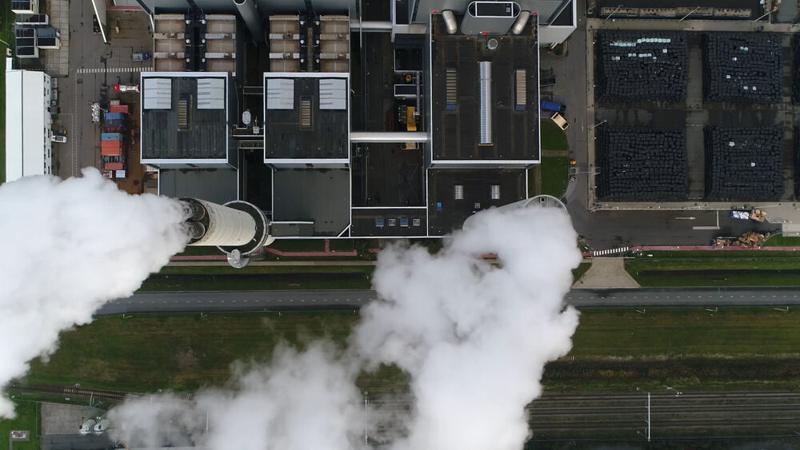(The Center Square) – Democratic state lawmakers, business, labor and agriculture groups are pushing legislation that would advance carbon capture and storage projects in Illinois.
Two measures, Senate Bill 3311 and House Bill 569, would create the Climate and Landowner Protection Act. During a news conference Wednesday in Springfield, the group claimed that this will help Illinois reach its clean energy goals. However, scientist Sallie Greenberg confirmed that the separation of other chemicals from the emitted carbon actually uses energy.
“Depending on where you are separating your carbon from dictates whether or not you need additional energy resources to do that,” said Greenburg, who conducted a study for the General Assembly.
Mark Denzler, the president and CEO of the Illinois Manufacturers’ Association, is in support of the legislation. He acknowledged that carbon emissions may be emitted during the carbon “separation process,” but ultimately there’s going to be a significant reduction in carbon.
“Businesses aren’t going to invest tens or hundreds of millions of dollars in technology if there’s going to be an increase in carbon,” Denzler said.
The federal Inflation Reduction Act of 2022 significantly increases the tax credits for carbon capture and storage projects, going from $50 per metric ton for carbon dioxide storage to $85.
House Bill 4835, currently in the House Energy and Environment Committee, seeks a temporary statewide moratorium on construction of carbon dioxide pipelines until the Pipeline and Hazardous Materials Safety Administration has adopted revised federal safety standards and the state has finalized a study regarding the safety setbacks required in the event of pipeline rupture or leak.
Julie Fosdick has worked with legislators to stop carbon dioxide pipelines, at least temporarily. Fosdick said the legislation pushed to capture carbon involves pipelines.
“For them to do this carbon capture and sequestration they have to use a pipeline to get it to a sequestration site,” said Fosdick. “It [the legislation, SB3311 and HB569] does very much involve the pipelines. The pipelines, nobody has really determined scientifically what is a safe setback.”
During the news conference, Denzler said their push to carbon capture doesn’t involve pipelines.
“The pipeline is a separate conversation. It is federally regulated and we are stepping into the space where the federal government has said, ‘this is the state’s responsibility to handle’ so we are dealing with the safe storage of it,” Denzler said.
Fosdick said there may be a few ethanol plants who are storing carbon on their own property and have smaller pipelines, but the push nationwide is that Illinois is one of the few locations that, they believe, has the right geology to do this on a massive scale. Fosdick has a family farm in Logan County and denied major pipeline projects from using the land to store carbon. Outside of being a landowner, she has worked closely with the Coalition to Stop CO2 Pipelines.
Joe Duffy, the executive director of Climate Jobs, said carbon capture is expected to bring 14,400 jobs and could generate $3 billion in economic development.







